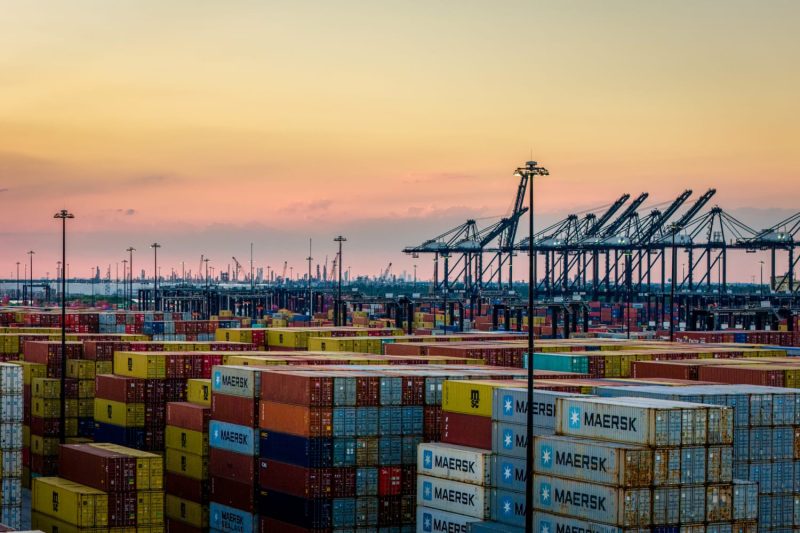The recent warning of a major maritime strike that could potentially disrupt ports along the East Coast of the United States has raised concerns among industry stakeholders and citizens alike. The threat of such a strike poses significant risks to the flow of goods and services, impacting not only businesses but also consumers who rely on the timely delivery of products.
In assessing the potential impact of this maritime strike, it is crucial to consider the key factors at play. One of the primary concerns is the potential economic fallout that could occur as a result of disrupted port operations. The East Coast ports play a crucial role in facilitating international trade and commerce, serving as key gateways for importing and exporting goods. Any disruptions to these ports could lead to delays in shipments, increased costs, and supply chain bottlenecks, ultimately affecting businesses of all sizes.
Furthermore, a maritime strike of this scale could have far-reaching consequences for industries that rely heavily on efficient port operations, such as manufacturing, retail, and logistics. The disruption of supply chains could lead to shortages of essential goods, price hikes, and potential job losses, further exacerbating economic challenges in an already fragile global landscape.
In addition to the economic repercussions, a major maritime strike could also have significant implications for national security. Ports are critical infrastructure that are essential for the movement of goods, including vital supplies and resources. Disruption to port operations could create vulnerabilities that may be exploited by malicious actors, posing a risk to national security and public safety.
The potential impacts of a maritime strike extend beyond the realm of economics and security to also encompass environmental concerns. Ports are hubs of activity that generate significant carbon emissions and pollution. Any prolonged disruption to port operations could result in decreased monitoring and enforcement of environmental regulations, leading to adverse effects on local ecosystems and communities.
In light of these multifaceted risks, it is imperative for stakeholders to take proactive measures to mitigate the potential impact of a maritime strike. This may involve implementing contingency plans, enhancing communication and collaboration among industry players, and seeking alternative transportation routes to ensure the continued flow of goods and services.
Ultimately, the warning of a major maritime strike threatening ports along the East Coast serves as a stark reminder of the interconnected nature of global trade and the vulnerabilities inherent in our complex supply chains. By recognizing the significance of these threats and working together to address them, we can strive to build a more resilient and secure maritime industry that can weather challenges and emerge stronger in the face of adversity.


























